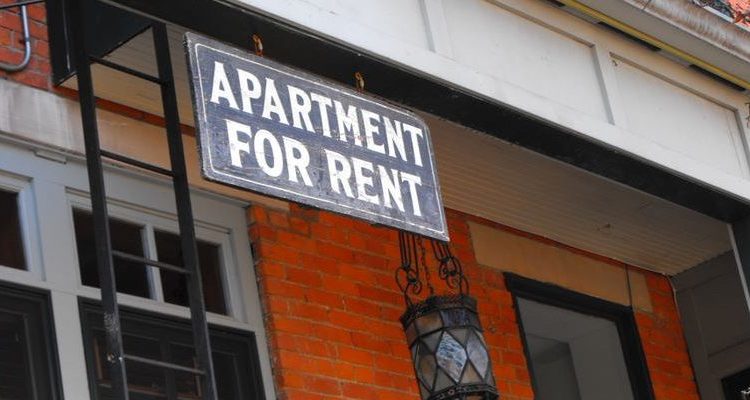

Rents are falling for apartments inside the city of Seattle. And it’s not a new phenomenon growing out of fears of dense places and elevators. The trend was underway before the pandemic hit, and shows up in other high priced markets.
Figure 1 shows median rents and one-year change for one-bedroom apartments in the 31 most expensive cities for renters, according to rental service Zumper 1.

Seattle ranks as the 9th most expensive city in the country (the data cover just apartments within the city limits of Seattle). Median rents in August 2020 were 7 percent lower than rents in the previous year. And Seattle was not alone: only one city in the top ten, Miami, saw rent increases in the past year.
This did not start with the pandemic. According to Zumper, rents in February were down, year-over-year, in several of the top markets, including Seattle, San Francisco, San Jose and Los Angeles.
Does this mean that we are heading toward more of an equilibrium, with the most expensive cities losing out to more affordable places? Maybe, sort of. It is true that the most expensive markets are falling the fastest, but among the more affordable places there is no real pattern. Figure 2 shows the relationship between median rents and trends in rents in 100 U.S. markets. Seattle is in red.

There is a clear negative correlation between rent rates and changes in rents at the higher end of the rent scale (right side of the chart). But among cities with lower rents, there is no relationship at all.
Looking Ahead
Seattle was seeing a softening in its apartment rental market before the pandemic made the prospect of living in a dense neighborhood with a mandatory elevator ride daunting. Conditions can only get worse for building owners, at least in the near and mid-term. But for the region, this cuts both ways: people who have wanted to experience urban living but could not afford Seattle rents will now have the opportunity to live in the city.
Longer term, we should be concerned about the pace of new construction. High wages and a demand for luxury, in-city buildings has placed Seattle among the most expensive markets in the country. But ample construction has kept it more affordable than its West Coast peers. Investors have seen Seattle as a promising market for holding of apartment buildings, and the availability of long-term capital has facilitated construction. Will Seattle’s attractiveness for institutional investors fade, and will the flow of capital to the region’s multi-family market slow? Or will those same investors see lower density suburban projects as the best way to buy into the strong economy of the Seattle metro area?
- Data on rents is collected and published by various apartment listing and rental services. Each uses its own sources of information and market area, so rental rates from different services are not comparable. There are no government sources of rental rates for the near term
This story ran first in our partner site Puget Sound Indexer.
Discover more from Post Alley
Subscribe to get the latest posts sent to your email.

Worthwhile information (particularly as my lease renewal’s coming up).
Are there comparable data for business and hospitality space. I’ve encountered several instances of local businesses anticipating eviction due to new construction that are no longer anticipating imminent displacement.
Michael, I really like the data you present and the analysis. Thanks for telling us that there are no government sources of rental rates for the near term. Do you know whether any government agencies like HUD are surveying apartment owners to learn:
1) Whether they have received COVID-19 compensation because their State, City, or County no longer allows them to evict for non-payment of rent?
2) How much did they received in COVID-19 relief payments – in relation to the amount of rent they charge?
3) What percentage of those units are currently occupied?
4) Whether they plan to sell those units (or convert them to condos) in the next 12 months, and why?
I apologize for the type-o’s. I meant to ask:
Do you know whether any government agencies like HUD are surveying apartment owners to learn:
1) Whether they received COVID-19 compensation because their State, City, or County no longer allows them to evict for non-payment of rent?
2) How much did they receive in COVID-19 relief payments – in relation to the amount of rent they charge?
3) How many apartment units do they own and how many are currently occupied?
4) Do they plan to sell any apartment buildings (or convert them to condos) in the next 12 months, and why?
5) How many rental homes do they own and how many are currently occupied?
6) How many rental homes do they plan to sell in the next 12 months, and why?